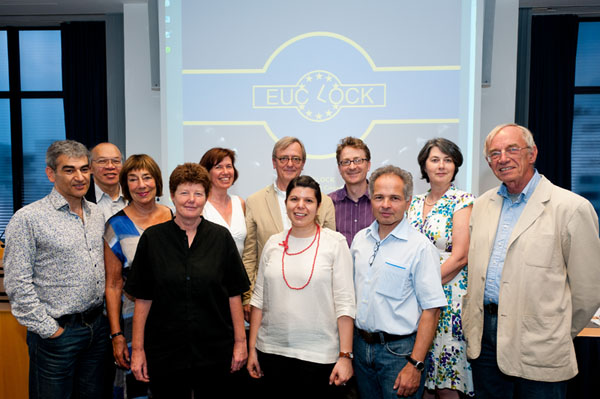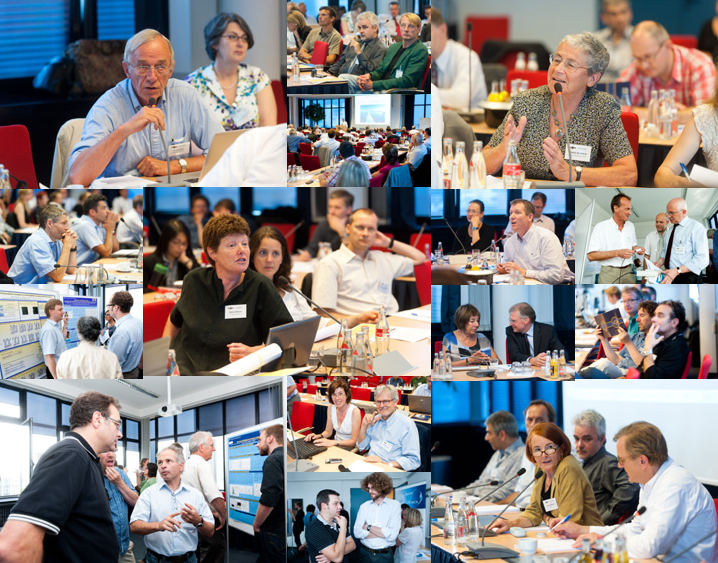June 8th and 9th 2011 - DIN e. V., Burggrafenstra?e 6, 10787 Berlin, Germany
Over the past five years, 29 laboratories and five companies from eleven European countries investigated how the
biological clock synchronises to the 24-hour environment. This Integrated Project (IP LSHM-CT-2006-018741) was
funded by the 6th Framework of the European Commission.
Mismatches between biological and social timing, mainly due to inappropriate work times (including shift-work),
pose a serious problem in modern life with wide-ranging consequences for health and performance (sleep pathologies,
obesity, metabolic syndrome, depression, increased cancer risks, and cognitive deficits) and with huge financial
consequences, adding up to hundreds of billions of € per year across Europe.
The results of EUCLOCK’s research have provided new insights that help to solve this problem, ranging from the
cellular and genetic mechanisms of the circadian clock to methods for recording the body clock in humans in real life
situations. By understanding biological timing on an individual basis, scientists can optimise their experimental designs
and analyses, physicians can fine-tune medical diagnostics and therapy, and industry can organise healthier work-times.
Download here the Programme
Download here the Participant List

EUCLOCK Steering Committee (ESC)
from left to right: Bambos Kyriacou (University of Leicester, fly group, Eduardo Mendoza (LMU Munich, EUCLIS), Anna Wirz-Justice
(University of Basel, human group), Debra Skene (University of Surrey, human group), Charlotte Helfrich-Förster (University of Würzburg,
fly group), Till Roenneberg (LMU Munich, coordinator), Susanne Kantermann (LMU Munich, project management), Achim Kramer (Charit?
Berlin, new genes group), Urs Albrecht (University of Fribourg, mouse group), Martha Merrow (University of Groningen, new genes group),
Serge Daan (University of Groningen, mouse group)

Copyright © by EUCLOCK - Entrainment of the circadian clock - All Right Reserved.

